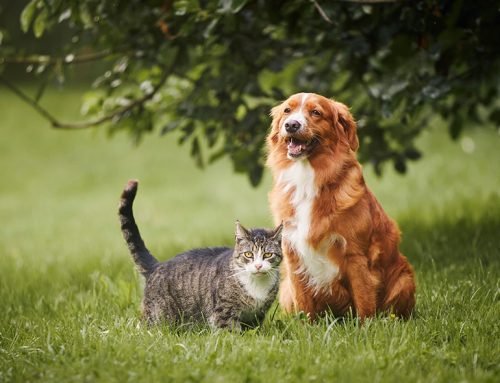Unfortunately, here in the Pacific Northwest smoky skies are a reality we face every August. Just like us, pets can be adversely affected by the poor air quality caused by wildfires. This is especially dangerous to our elderly patients, brachycephalic breeds (those beautiful, squished faces), and pets suffering from other diseases. Here are some practical strategies to safeguard your pet’s well-being when it’s smoky outside.
1. Minimize Outdoor Activities and Strenuous Play: When the air is thick with smoke, it’s crucial to limit your pet’s outdoor exposure. Refrain from engaging them in strenuous activities, like long walks or heading to the dog park, as excessive exertion can lead to increased inhalation of polluted air. During this time, opt for indoor activities like puzzles or low-energy games.
2. Create a Safe Indoor Environment: To shield your pet from smoky air keep doors and windows closed. Enhance indoor air quality by using air purifiers with HEPA filters and running air conditioning units.
3. Provide Comfort and Watch for Signs: Craft a cozy indoor space for your pet with their favorite items to minimize stress. Monitor them closely for signs of respiratory distress, such as coughing, wheezing, or labored breathing. If these stay persistent, content your veterinarian.
4. Keep your pet Hydrated: Maintain a consistent supply of clean water to help alleviate any respiratory discomfort caused by the smoky air.
5. Stay Informed and Be Prepared: Stay updated on local air quality conditions through news sources and weather apps. Prepare for emergencies by having a pet emergency kit on hand, complete with essentials like food, water, medication, and crucial documents.
6. Seek Veterinary Guidance: If your pet is elderly, has existing respiratory issues or is sensitive to smoke, consult your veterinarian for personalized advice on protecting them during smoky conditions.
When smoke threatens the air quality, your pet’s safety becomes paramount. Remember that your pet’s health and happiness are in your hands, so stay vigilant, informed, and prepared to ensure their well-being.







Leave A Comment